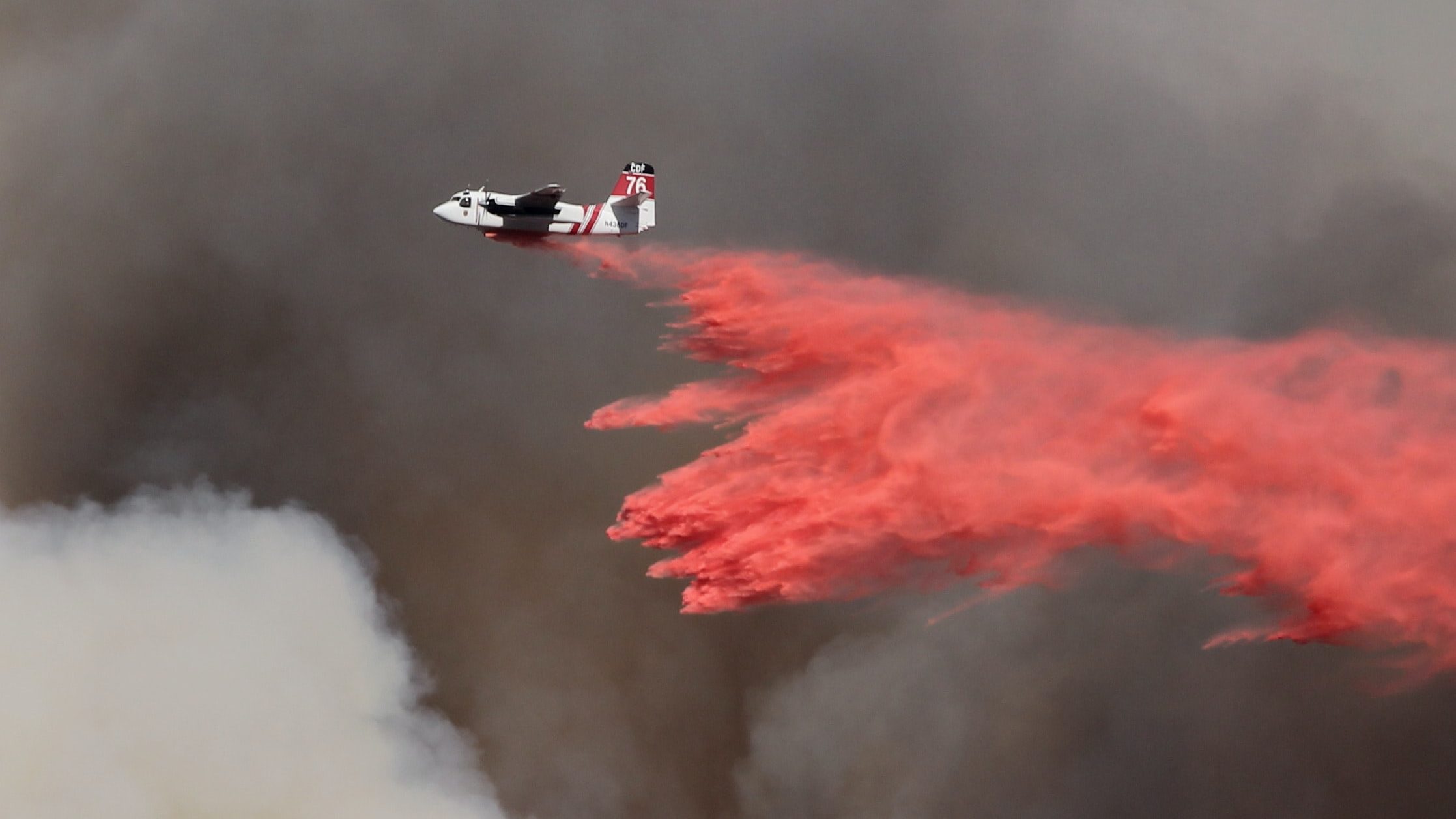Wildfires
For weeks, the US West Coast wildfires have taken new proportions—and you know it’s serious when they manage to make headlines in 2020. In fact, the record-breaking wildfires have burned more than 6 million acres of land this year, devastating towns, businesses and eradicating a sizable portion of the flora and fauna. Politics aside, these catastrophic events are first an environmental issue; admit it or not, they are undeniably and in many ways linked to climate change.
Since the Industrial Revolution, the average global temperature has been rising continuously. Compared to the late 1800s, “global average temperatures have ticked up roughly 1.8 degrees Fahrenheit” (National Geographic) due to the increasing industrialization. While the difference may seem insignificant, it has severe consequences on the global climate pattern. The rise in temperature “evaporates more moisture from the ground” and “mak[es] vegetation more flammable” (EDF). The resulting dry woods and leaves create a perfect condition for fire ignition and spread, which explains the recent record-breaking megafires.
Moreover, snowpacks have been melting much sooner in the Spring, extending the hot drying-out season and making forests more susceptible to wildfires. As confirmed by a 2016 study, “over 70 percent of the area burned in forest fires between 1970 and 2012 occurred in years where the winter snows disappeared early” (National Geographic). This year is no different as California’s mountain snow cover disappeared about a month early in the Spring.
Climate change is a pressing problem and is clearly disrupting our lives. Unfortunately, politics and economics gets in the way of mitigating environmental degradation. But one thing is certain, the more we accentuate climate change, the more recurring and inevitable megafires and other natural disasters will be. This means that we need to act quickly, whether by adopting a zero waste lifestyle, writing letters to local government representatives, or educating your peers on climate change. You can start to make a difference right now!
Written by Kelly Jean, Class of 2021

